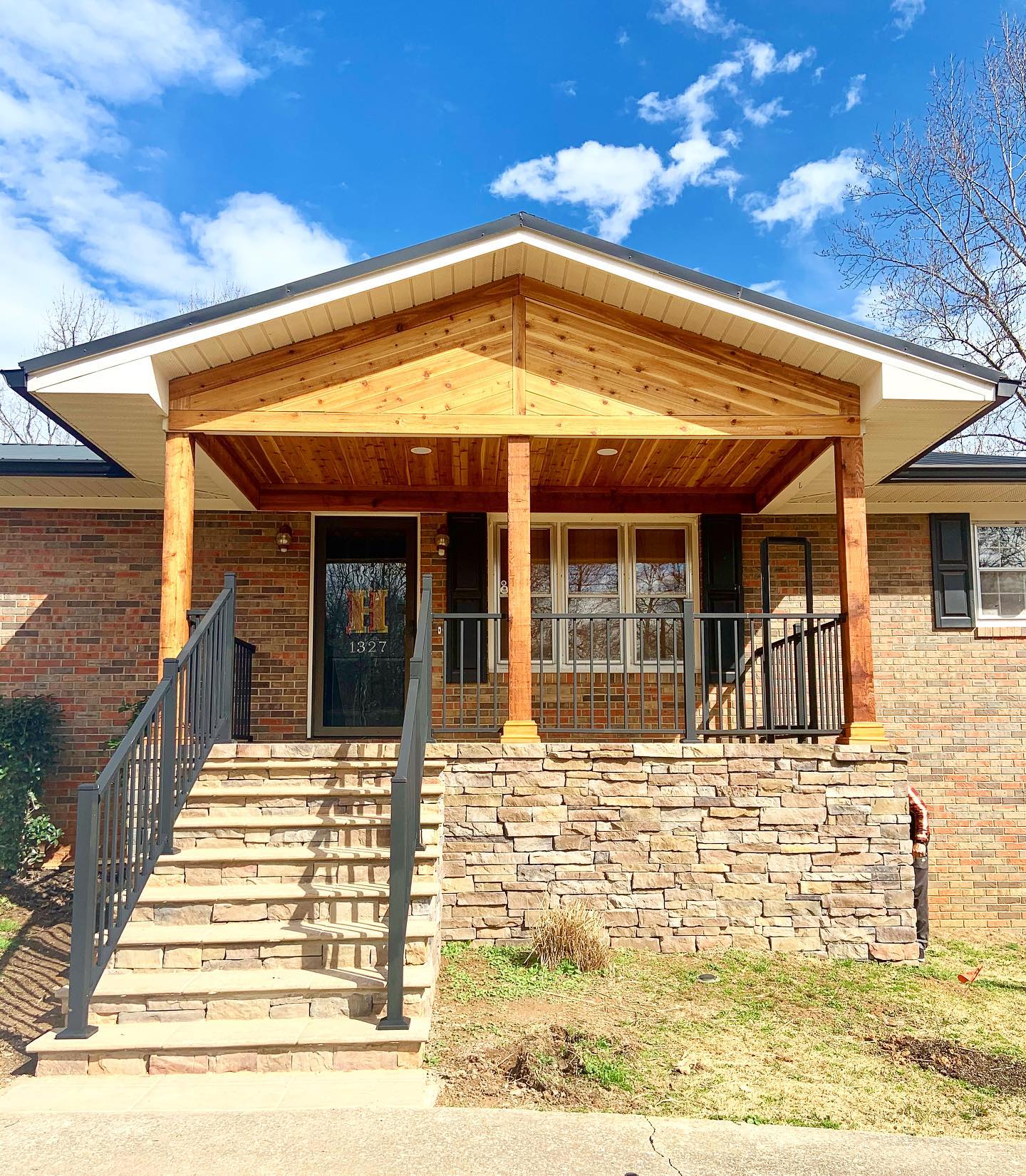
Sustainable Landscaping: How to Create an Eco-Friendly Outdoor Oasis Jul 27, 2025
Understanding the principles of eco-friendly landscaping is essential. The first principle is water conservation. Traditional lawns often require copious amounts of water, but you can significantly reduce this by choosing drought-resistant plants. Native plants are a perfect choice as they are naturally adapted to the local climate and require minimal water once established. Plants like lavender, yarrow, and ornamental grasses are excellent for sustainable gardens.
Another important aspect is soil health. A rich, fertile soil encourages robust plant growth and requires less chemical intervention. Start by testing your soil to determine its nutrient content and pH balance. Adding organic matter like compost can improve soil structure, enhance nutrient retention, and support beneficial organisms such as earthworms.
Mulching is an effective, eco-friendly technique. It helps with moisture retention, suppresses weeds, and adds nutrients to the soil as it breaks down. Opt for organic mulches like wood chips or shredded leaves. This simple addition can make a significant difference in maintaining a healthy landscape with minimal effort.
Incorporating hardscaping elements that are both functional and environmentally friendly is another key strategy. Think permeable paving solutions for walkways and patios which allow rainwater to seep through, reducing runoff and erosion. Materials such as gravel, permeable concrete, or interlocking pavers can be both aesthetically pleasing and practical.
Adding trees or shrubs for natural shade can significantly reduce energy costs while also providing habitats for wildlife. Trees are nature’s air conditioners, absorbing CO2 and releasing oxygen. When selecting trees, consider their mature size and growth rate to ensure they are appropriately scaled for your space.
Sustainable landscaping also involves the integration of sustainable practices for garden maintenance. Instead of relying on chemical pesticides, explore natural solutions like companion planting, which involves growing plants that can deter pests next to vulnerable species. Organic fertilizers are a great alternative to synthetic ones, enriching the soil without harmful chemicals.
Creating a composting area is another sustainable practice. Composting reduces household waste and produces nutrient-rich material that can be returned to the garden. All you need is a bit of space to collect your organic waste and time to let it decompose.
Lastly, consider rainwater harvesting systems. Collecting rainwater in barrels or other containers and using it to water your garden helps conserve water and reduce utility bills. It’s a simple yet highly effective way to make your landscape more sustainable.
In conclusion, transitioning to a sustainable landscape is a rewarding endeavor that benefits both the environment and your well-being. At CSS Renovations, we strive to help you create an outdoor space that is not only stunning but also environmentally conscious. By taking these steps, you contribute to a healthier planet and enjoy the beauty and serenity of a sustainable outdoor oasis. Let's work together to bring your vision to life in the greenest way possible.
/filters:no_upscale()/media/7c9f36d2-54c5-4d98-8f48-4f7ea0c3ad52.jpeg)
/filters:no_upscale()/filters:format(webp)/media/a5f10c88-ea79-4db7-b9cf-ca070ba094ea.jpeg)